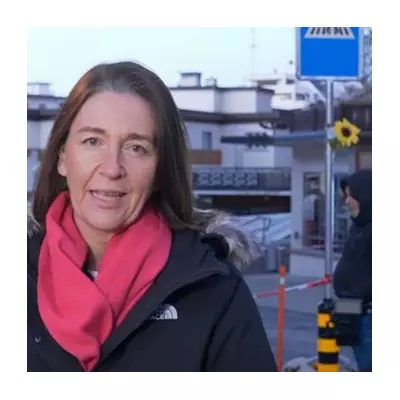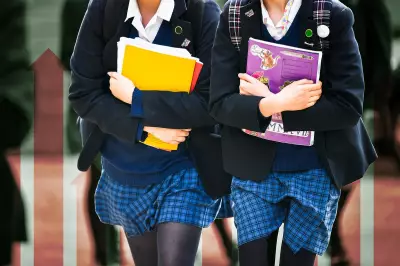
Former Love Island star Montana Brown has launched a scathing attack on the education system after discovering what she calls 'highly inappropriate' films are being shown to young children in classrooms.
'Absolutely Fuming' - Mother's Outrage
The reality TV personality turned entrepreneur expressed her fury after learning that teachers had screened content she believes is completely unsuitable for primary school pupils, including her own young son.
'I'm absolutely fuming,' Brown declared in her emotional social media post that has since gone viral. 'Why are teachers showing films with this kind of content to children?'
The Content Controversy
While Brown didn't specify the exact films causing concern, she made it clear they contained themes and scenes that made her deeply uncomfortable as a parent. Her comments have ignited a fierce debate about:
- Appropriate content selection in educational settings
- Parental rights versus teacher discretion
- Age-appropriate media consumption in schools
- The boundaries of creative freedom in education
Divided Public Reaction
The public response to Brown's outburst has been sharply divided, with many parents rallying behind her concerns while education professionals defend their choices.
'Finally someone is speaking up about this!' wrote one supportive parent. 'Teachers should be more mindful about what they expose our children to.'
However, others criticised Brown for what they see as undermining teachers' professional judgement. 'Teachers are trained professionals who know what's appropriate for their classrooms,' countered one educator.
Broader Implications for UK Education
This incident raises important questions about film and media content policies in British schools. Many are now calling for:
- Clearer guidelines on appropriate classroom media
- Better communication between schools and parents about content choices
- More transparent film selection processes
- Updated policies reflecting modern content concerns
The controversy comes at a time when schools are increasingly using film as an educational tool, making this debate particularly relevant for parents and educators across the UK.





